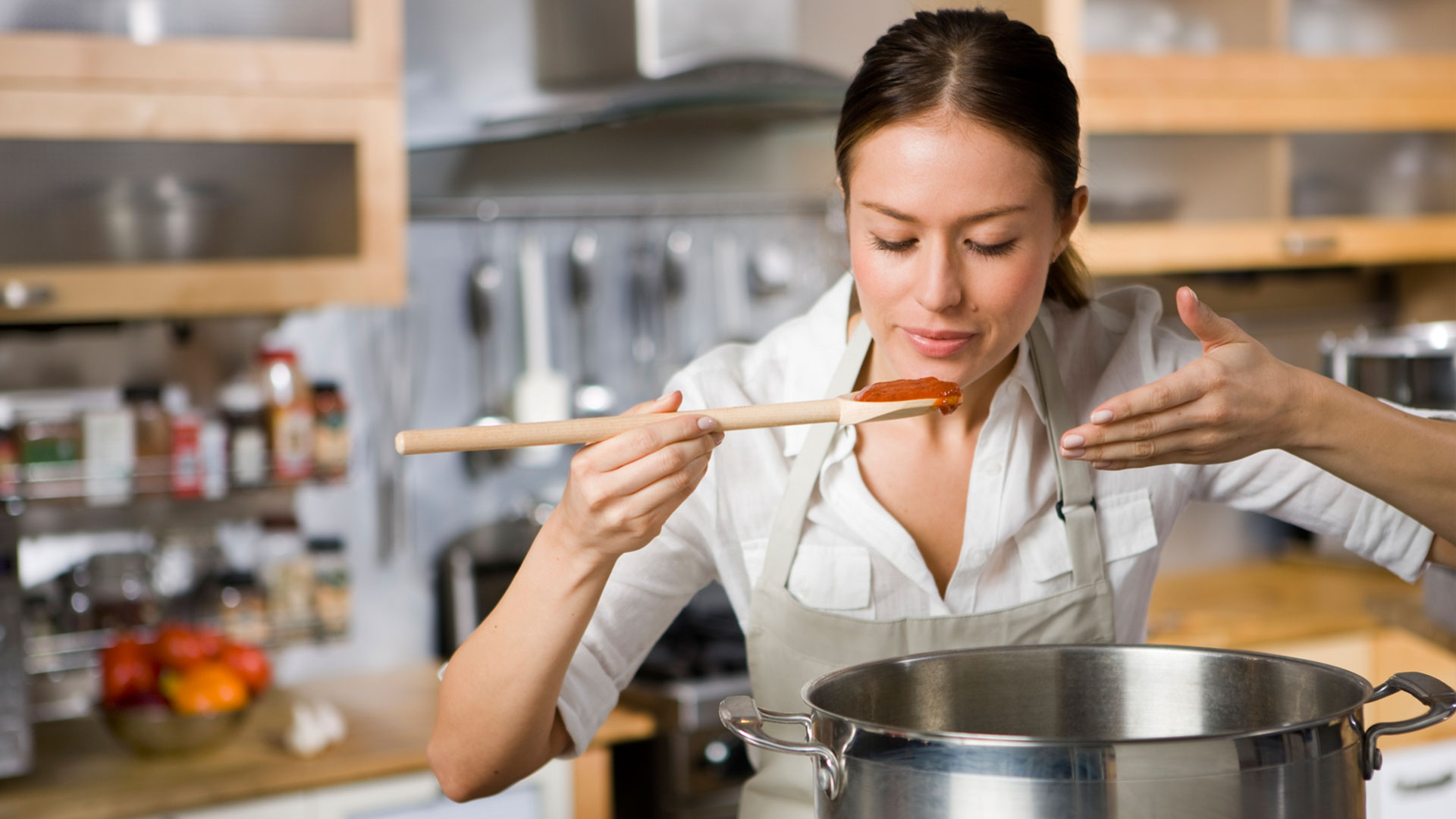How to start a home based catering business
Jul 03, 2018 | Divyesh AmiparaIf you love cooking and enjoy the cooking for friends, family and for events and holidays, that passion could easily be turned into profits by starting a catering business out of your home.
However your cooking skills alone won’t be the reason that your business is successful. Motivation and the ability to perform under pressure is also necessary, as running a catering business is more involved than simply preparing and serving food in a way you might be used to. Even if catering’s a part time gig it could still be a very lucrative one, with pay rates going as high as $40 an hour.
The best way to determine if a catering business is the right path for you is to start with smaller events that you’re able to manage on your own or with a few trusted helpers. This means that you’ll get an idea of what it takes to run a catering business without as much commitment. While the start-up cost for a catering business generally can be anywhere from $10,000 to $50,000 that will be much less should you begin small. As if it was a start-up, this will give you the chance to test out the feasibility of your catering business idea so you know if it will be worth pursuing further.
Many of these catering start-ups become successful by serving a niche. This will keep overhead costs low and make sure your advertising is focused on the market that you’re aiming to serve. Niche markets could be specific to certain cultures or religions such as Halal or Kosher food or specific to events such as business conferences or weddings.
The advantages of going into catering
- It’s the perfect job for amateur chefs, and the easiest way to make some money from that passion
- Once you get a few jobs advertising will become much easier, your food will do the talking!
- The market is very competitive and there’s room for the little guys
- You have the flexibility to grow your business or stay small depending on your resources and goals
- You can be part time, keeping your day job and catering on weekends, only expanding to full time as you get more clients
However, there are some things you need to be aware of…
- One bad meal can be catastrophic for business, generating bad word of mouth. This is why consistency is key
- Clients might have unfeasible demands and be difficult to work with
- Poorly made or mishandled food could make guests sick, potentially resulting in legal action by clients
- Organisational, commitment and planning skills are necessary and a lack of these skills will expose you very quickly, making it near impossible to get ahead in the catering business
There are some important things you need to consider before going into catering
- Are you going to focus on particular types of events?, for example cocktail parties or office lunches
- Are you going to deliver the meal or cook at the event venue? Both will have their advantages and disadvantages as if you cook the food at home you have to factor in delivery cost but otherwise you’ll have to make sure that the venue you’re catering for has a kitchen. Ideally, as a larger business being able to do both will be an advantage
- What licenses and/or permits will you need to legally be able to run a catering business? This will vary from state to state
Once you know these things, the next thing you’ll have to do is prepare your equipment and supplies. Many states have rules about the cooking utensils you use for catering, including that you have to have separate utensils for your business than your personal kitchen. In some cases you may even need to have an entirely separate kitchen which is a heavy burden on smaller prospective caterers.
If you’ve considered all of the above and are ready to start a home based catering business, here are the steps you need to take to get it off the ground.
1) Decide what type of catering you would like to do (in terms of both food and/or specific events)
2) Contact your state’s health and occupational licensing department to find out what permits you need and any laws you need to abide by.
3) Set up your business structure. It’s a good idea to set up a limited liability company if you don’t want your personal assets to be affected by a possible business failure. If you’re working with someone else consider setting up a partnership so both business partners are equally liable for the businesses’ success or failure.
4) Obtain a business license, as well as liability insurance should someone get sick
5) Write a detailed and comprehensive business plan
6) In addition to the business plan you have a marketing plan in order to effectively plan communication with customers
7) Create your menu. A good tip here is to have individual items that customers can mix and match to create a personalized menu out of what foods you have on offer.
8) Buy professional cooking equipment, utensils, dishware and any other food preparation and serving tools you need
9) Contact suppliers and markets to get your ingredients at wholesale prices. You can also advertise to them by giving out marketing materials such as flyers and offering them promotions and/or discounts.
10) Develop a system for getting and responding to customer testimonials, reviews and referrals (consider offering discounts for referrals)
.png)












